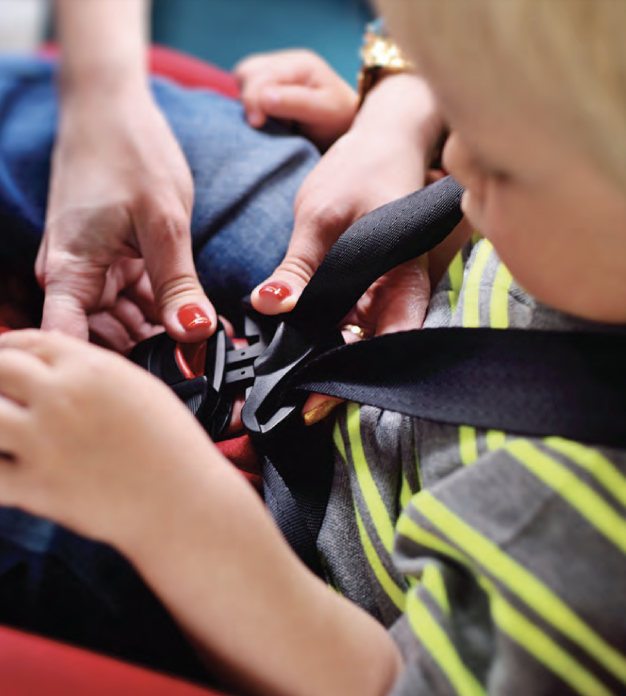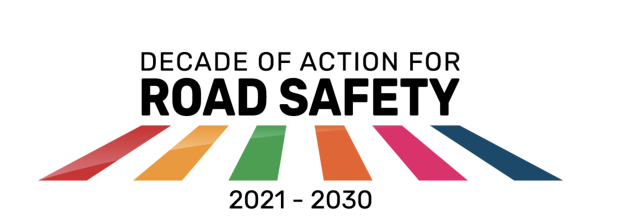
Global gathering of road safety NGOs – ‘how do we protect the vulnerable’?
The safety of children and all vulnerable road users goes under the spotlight this week at the annual gathering of The Global Alliance of NGOs for Road Safety.
Rethinking road safety: Mobility for people and planet is the theme for what will be important discussions between this influential body of over 300 nongovernmental organizations which both implements programs and lobbies for road safety initiatives across the world.
A special session of this eighth annual event, which is being held in El Salvador, will see the presentation of the San Salvador Declaration, calling for evidence-based road safety actions and initiatives, including specific policies to protect pedestrians such as children, along with investment to make roads safer.
Every year around 1.3 million people die on the world’s roads, and road injuries remains the leading cause of death for children and young people. That is why last year an international coalition set out a a global target to reduce deaths and injuries. The United Nations and some of its various partner agencies, including the World Health Organization (WHO), launched the Global Plan for the Decade of Action for Road Safety 2021-2030, the aim of which is to halve road traffic fatalities and injuries by 2030.
But as the NGOs gathering in South America know all too well, this will not be achieved before tangible solutions that have been proven to work are put in place. Organisations will also be using this event to explore what the concept of accountability means in terms of road safety and, crucially, how they can hold their own respective governments to account for commitments to achieving the 2030 target.

To play their part in achieving the 2030 target, NGOs at the meeting will explore what accountability in road safety means and how they can keep their governments accountable for global commitments to achieve the 2030 target.
Topics to be covered in the various sessions include ‘modal shift’, through promoting safer walking and cycling, the safety and affordablity of cycle helmets, and also the launch of the latest UN Global Road Safety Week. Keynote speakers include Etienne Krug, WHO’s Director for Social Determinants of Health, and Jean Todt, the UN Secretary-General’s Special Envoy for Road Safety.
“We know how to prevent crashes and save lives – there is plenty of evidence on what works, in higher as well as in lower income settings,” said Krug. “However, sometimes these effective solutions are not prioritized. NGOs have a key role in calling for solutions for which there is evidence. I look forward to discussing this in El Salvador.”
Today’s ‘symposium’ will also be the platform for the launch of the alliance’s Accountability Toolkit. This will enable NGOs to assess and follow up on their governments’ implementation of priority interventions to reduce traffic deaths and injuries at the country level.
Winners of the FedEx Road Safety Award will also be announced, and this award recognises members which have demonstrated outstanding commitment to road safety and the NGO community, growth, and advocacy for evidence-based interventions. Previous winners include Safe Kids Worldwide Philippines and Safe Kids Malaysia.
Click here for information on how to view the event online. You can also follow the conversation on social media via Twitter @RoadSafetyNGOs




